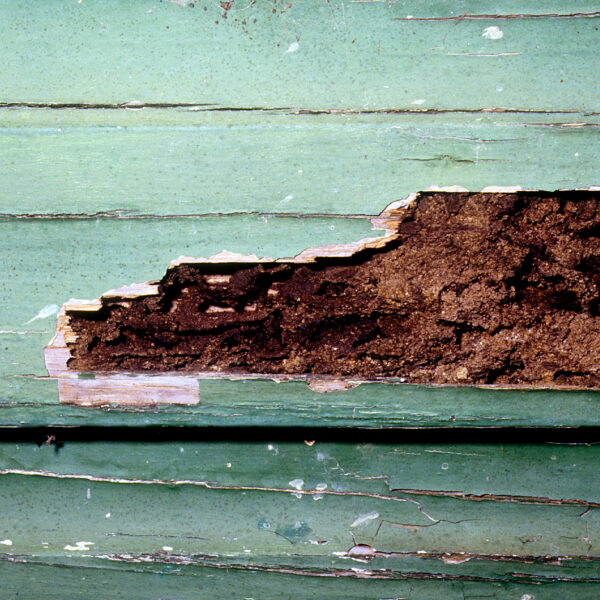It is important to know the real condition of a property before deciding to make a purchase. That is the reason we have home inspection companies. They can give you a detailed report on the current condition of the property and the repair and maintenance costs to expect in the future.
In this article, we will discuss the process of home inspection and what to expect from the visit of an inspector. We will also discuss what they will inspect during the visit.
What is a Home Inspection?
A home inspection is carried out by a professional in the real estate industry. They observe the property to look out for potential problems that you may need to handle later. The buyer of the property is free to accompany the inspector and at the end of the inspection, the person in charge would write a report that would list all the faults that was found and give a verdict on the state of the house.
There is no perfect home. But the results of the inspection can help you see the actual condition of the building. You do not want to spend so much money on a property only to discover that there are irredeemable structural problems. So, before you take a loan to buy that property, you need to request an inspection. If the results show that there are major issues, you can renegotiate with the seller.
If you want to buy a property in Denver, you can check https://coloradohomeinspector.com to find reliable home inspectors. However, you need to know that home inspection is not the same as a home appraisal. The latter simply gives an estimated value of the property. It does not look for any particular problem in the home. Generally, mortgage companies request appraisal before issuing a loan. Carrying out an inspection may be optional, but it is very important.
What Home Inspectors Look Out For
The inspector will observe the major features and structures in the building. The areas where they will inspect include:
1. The Basic Structure of the Building
They’ll look at the structure of the building to see if there are cracked walls or if the foundation is damaged.
2. The Attic and Roof
They will check the roof for damage or signs of it. This includes a sinking roof and missing shingles. They’ll also check the rain guards and gutters to ensure that water moves away from the property. Your attic will be checked for signs of structural damage, leaks, or insulation problems. If the building has a chimney, they’ll inspect the fireplace.
3. The Basement
Basically, they will check for water damage in the basement. That area is vulnerable to moisture problems, which can easily lead to costly structural damage.
4. The Plumbing
They will inspect the plumbing system to ensure that the water flow and toilets turn on and shut off at the appropriate times. They will also test the hot water tank and check for leaks.
5. The Electricals
This is one of the first things the inspector is going to check. You need to be sure that the system is well-grounded. This is because grounding the electrical connections prevents fires and overheating. And this can be expensive to correct if not properly done. The inspector will review the outlets, ceiling fans, wiring, and circuit breaker to be sure that they are functioning well.
6. The Appliances
They’ll check large appliances like the dishwasher and oven to ensure they are in good working condition. Their connections will also be checked against fire hazards.
7. The Garage
They’ll look out for damage to the ceiling and walls of the garage. They will also test the opener of the garage door.
8. Other Systems
They’ll check other things like the furnace, sprinklers, and air conditioner.
What the Home Inspection Won’t Cover
There are some things that the job description of a home inspector won’t cover. Therefore, you have to get a specially trained professional who has the required equipment for the systems discussed below.
1. Septic System and Well Inspection
You need to inspect the septic system and test the quality of water in the well; that is if the property has a well.
2. Sewer Issues
An older property with many large trees will require sewer inspection. This will include searching for deep tree roots that may block or damage the sewer lines.
3. Lead Paint
Before now, contractors used paints containing lead. However, lead poses health hazards, especially to young children. So, if the property is old, you have to check for lead paint.
4. Termite or Pest Check
During an appraisal of the property, if the report shows that it has a termite or pest problem, you may need to inspect it for pests.
5. Chimney Check
A home inspector will check your fireplace. However, you still need to get a professional to check the chimney, its interior, joints, and flue.
6. Testing for Asbestos
Asbestos is a poisonous material used in construction. You can find it in abundance in old homes. Hence, the home should be tested for asbestos.
7. Mold Test
This inspection may be quite expensive, so you need to confirm from the inspector if they suspect the presence of mold in the building. Mold can lead to serious health issues for you and your family members. If the property was tested recently and nothing was found, you can skip the mold test.
8. Survey of the Lot Size
This survey will measure the real size of the property. It is sometimes needed for the purpose of zoning.
9. Testing for Radon
Radon is a gas that occurs naturally, and it can also cause cancer; hence, the importance of the test.
Final Thoughts
Inspecting a property is a vital part of the buying process. The report helps you to know the condition of the property. The inspector will walk through the home, testing all the appliances, structures, and systems. Although an inspection is optional when you want to take a mortgage, it is important to have it done. You also need the real estate agent to add the clause of inspection contingency in the offer letter.
If you plan to sell your home in Denver, here are some things that could improve the inspection results. Ensure that the property is clean and pest free. You also need to make the needed repairs so that your buyers will not renegotiate for a lower price.
If you are buying the property, ensure that you choose an inspector that is reliable, licensed, and insured. You also have to be there when the inspection will take place. And do not forget to go through the result before you decide to close the deal.
Image Credits: Luke Gallegos




Like this article? Share with your friends!